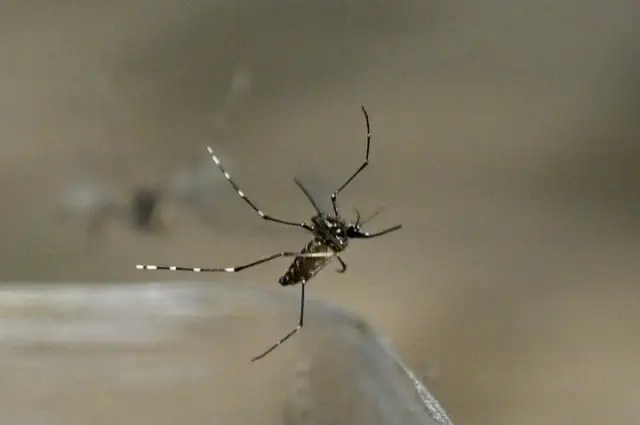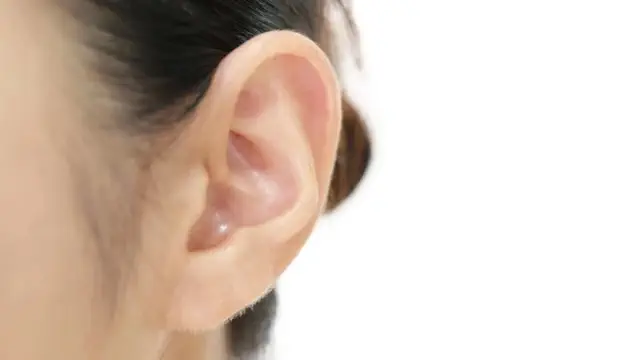
View pictures in App save up to 80% data.
Instead of creating new types of pesticides or machines to eliminate the abundance of disease-carrying mosquitoes, a group of researchers from Australia have engineered 'Toxic Male' mosquitoes to fulfill and finish the job. The idea behind it is that male mosquitoes do not bite humans, and thus do not transmit the disease that can harm humans but are looking to mate with female ones for reproduction.
By turning male mosquitoes into carriers of diseases that are lethal to females, they effectively serve as natural pesticides capable of curbing the population of these nuisances. This approach is particularly beneficial in regions where these pests are prevalent, potentially bringing an end to their disruptive presence.
'Genetically Modified Male Mosquitoes Designed to Infect Female Partners'
Researchers from Macquarie University in Australia introduced a new 'biological pest control' which is targeting a way to reduce mosquito reproduction by using the new approach called 'Toxic Male Technique' (TMT) on male mosquitoes. This was done by the researchers by engineering male mosquitoes to carry a fatal venom that they can transmit to female mosquitoes when they are mating.
Rather than relying on conventional chemical or natural pesticides that are applied in various locations or employing machines to eliminate or capture pests, researchers are now utilizing male insects to spread a lethal substance to their female counterparts.
According to the study, species like Aedes aegypti and Anopheles gambiae, only the females bite humans and transmit diseases as they are the ones that require blood to produce eggs. These mosquitoes are known for spreading deadly diseases to humans like dengue, malaria, chikungunya, yellow fever, and the Zika virus.
Scientists Utilize TMT as Organic Insecticides
Over the years, the effectiveness of pesticides has diminished, primarily due to mosquitoes developing resistance to these chemicals, which in turn has led to unintended harm to non-target species rather than effectively controlling the disease-carrying pests. Researchers have indicated that TMT presents a potential solution by targeting female mosquitoes and disrupting their ability to reproduce, consequently reducing the overall population of both males and females. In laboratory experiments with fruit flies, it was observed that mating resulted in a significant reduction of female lifespan, ranging from 37 to 64 percent.
The scientists modified male mosquitoes through TMT to create 'insect-specific venom' proteins in their semen, allowing them to pass these proteins to female mosquitoes during mating, thereby compromising the females' strength.
"According to the study's lead author, Sam Beach, TMT represents the first biocontrol method that focuses directly on female mosquitoes instead of their larvae, allowing it to act as swiftly as pesticides while also preserving beneficial species."
Mosquitoes Transmit Life-Threatening Illnesses to Humans
Mosquitoes have been one of the top carriers of deadly diseases and viruses to humans, and they do so efficiently as they bite to suck blood from people who transmit the illness directly into the bloodstream. While there are countries in the world where these kinds of diseases are still not present, experts believe that these untouched regions may face a new plague.
There had been massive efforts towards foiling this form of disease transmission through mosquitoes, and a previous development in Honduras looked to use the Wolbachia bacteria to stop the spread of the dengue virus.
Additionally, Africa has implemented artificial intelligence technology to track mosquito populations and combat the widespread transmission of malaria on the continent, contributing to their prevention efforts.










